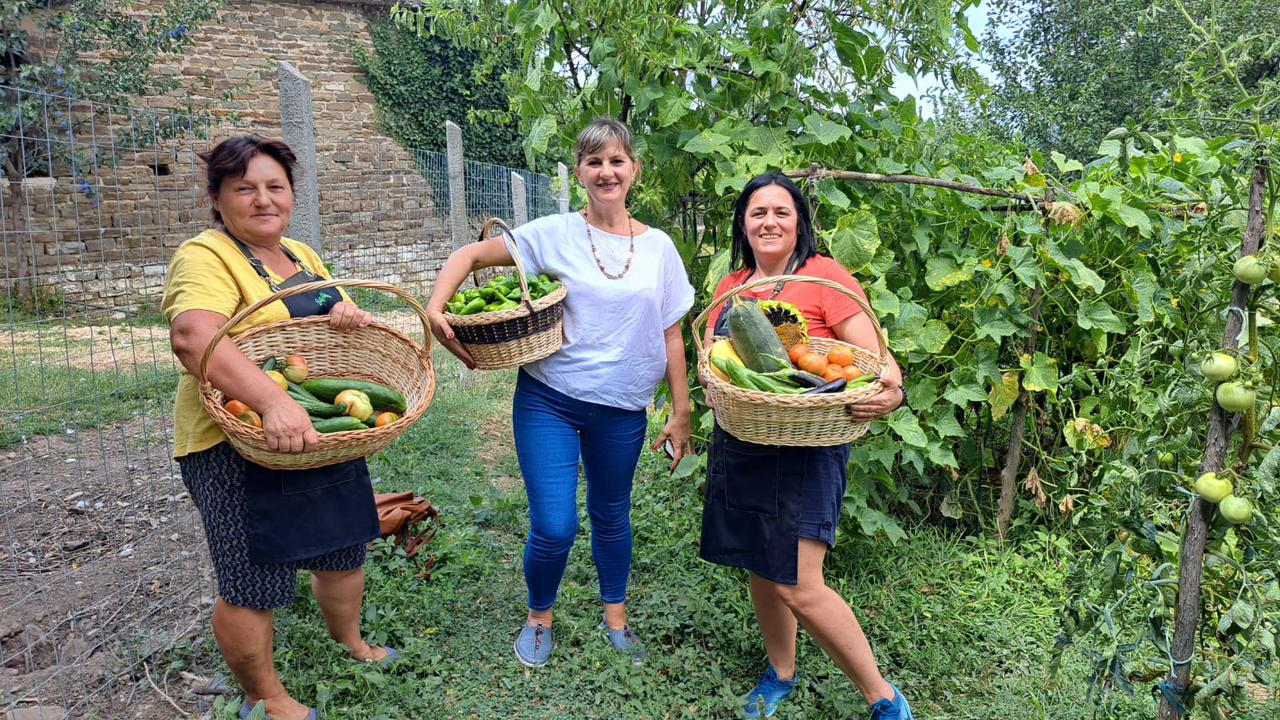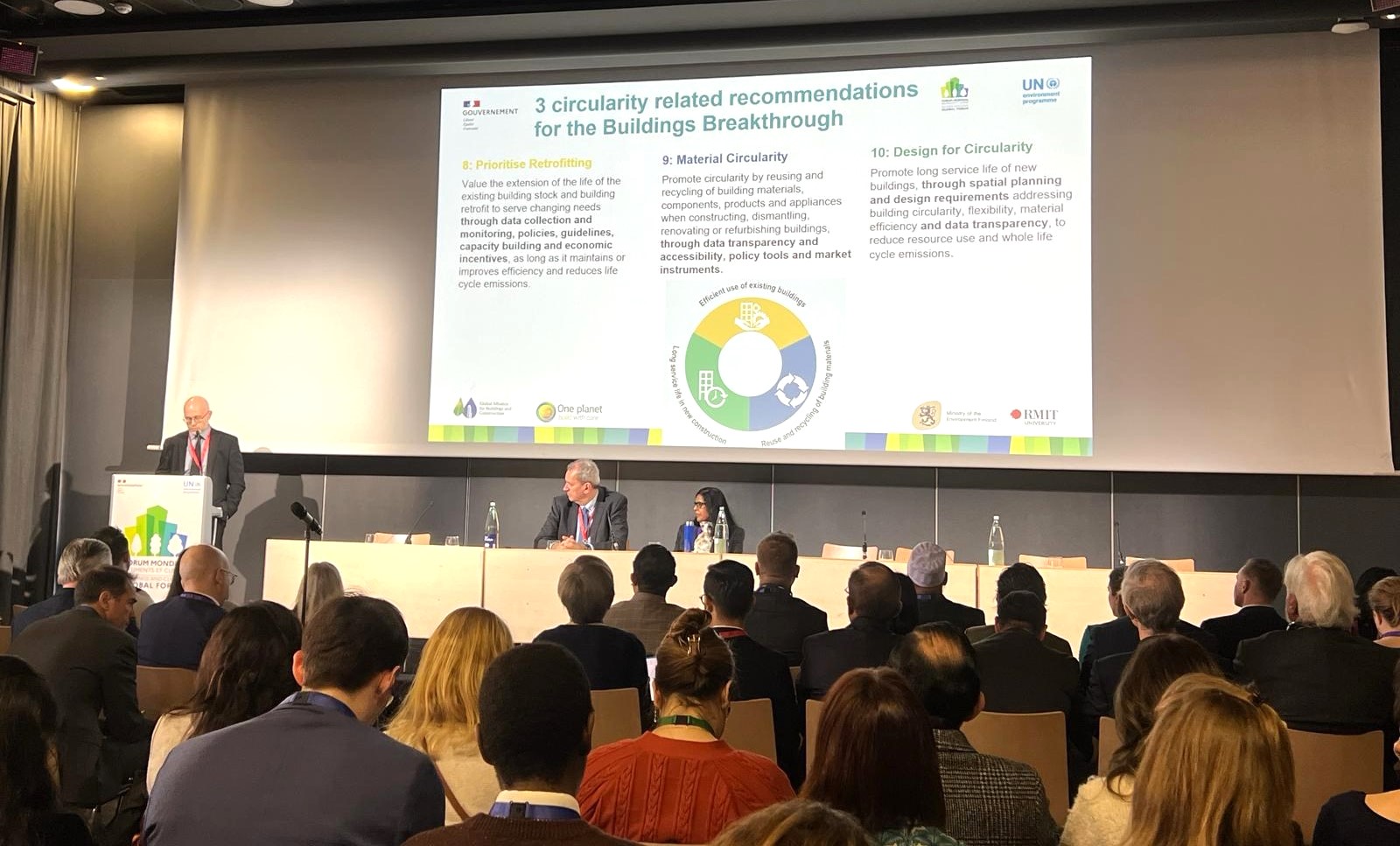Ending Global Deforestation: Policy Options for Consumer Countries
The report examines the extent to which the consumer-country measures used to exclude illegal timber from consumer markets could be applied to illegal or unsustainable agricultural commodities, with particular reference to palm oil, beef and leather, and cocoa.
According to the findings of this paper, governments should encourage and perhaps participate in further voluntary initiatives, such as the UK statement on sustainable palm oil, the US-led Tropical Forest Alliance or the Dutch Sustainable Trade Initiative. Among other regulatory options that might be effective when applied to agricultural commodities are the following: public procurement policies, regulatory requirements on companies, bilateral agreements to encourage sustainable agriculture, and creation of scope for encouraging garter due diligence on the part of financial institutions.
In general, all of the abovementioned regulatory options must rest on some form of identification system for sustainability produced commodities, which in most cases means certification. There is no point imposing consumer country controls on imports unless the producers can respond, so supporting measures to lower the cost and encourage the uptake of various certification systems, and to improve their robustness, should be implemented.
Image


